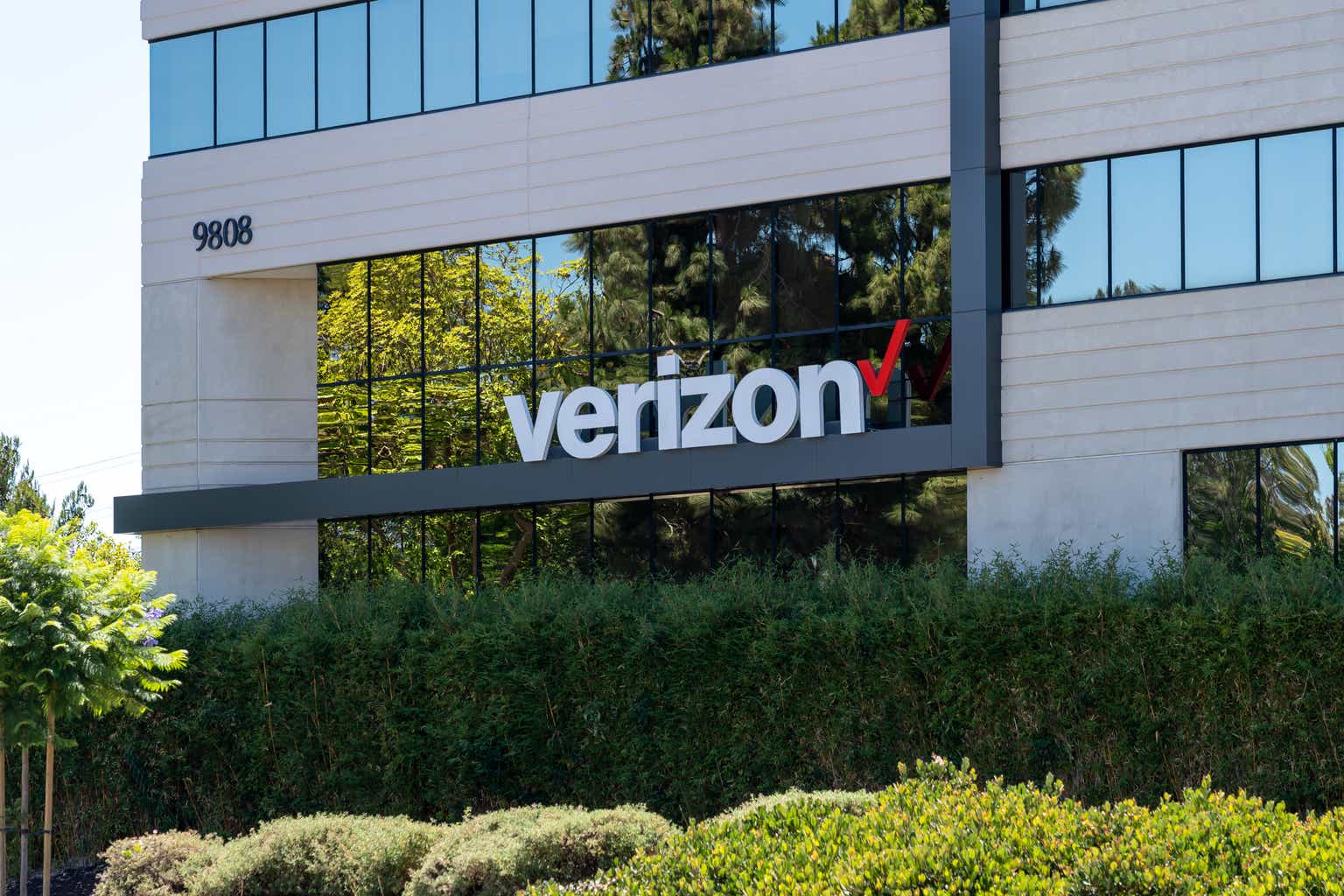Artificial Intelligence (AI) is advancing rapidly, with its applications spreading across industries such as healthcare, finance, education, and entertainment. Among the most exciting areas for AI is scientific research. AI’s ability to process vast data, recognize complex patterns, and make predictions is accelerating the pace at which scientific discoveries are made. This raises an intriguing question: Can AI think outside the box and generate truly novel ideas like human scientists? To explore this, we must examine how AI is currently being used in scientific discovery and whether it can genuinely produce original thoughts.
AI’s Growing Role in Scientific Discoveries
AI has made significant strides in various scientific fields, including drug discovery, genomics, materials science, climate research, and astronomy. By processing massive datasets that humans can’t handle, AI has been instrumental in identifying potential drug candidates, modeling climate change, and even proposing new theories about the universe.
For example, researchers at MIT used AI to discover a new antibiotic in days, targeting bacteria resistant to existing drugs. In biology, DeepMind’s AlphaFold solved the protein folding problem, predicting 3D protein structures vital for drug development. In materials science, AI models like GNoME predicted millions of new crystals that could redefine technologies such as batteries and solar cells. AI has also aided in physics by suggesting new ways to model physical phenomena and in astronomy by discovering exoplanets and gravitational lenses. In climate science, AI has enhanced climate predictions and helped model extreme weather events.
Can AI Think Outside the Box?
While AI’s contributions to scientific discoveries are undeniable, the question remains: Can it truly think outside the box? Human scientific progress has often relied on intuition, creativity, and the courage to challenge existing paradigms. These breakthroughs typically come from scientists willing to think beyond conventional wisdom.
AI, however, is driven by data. It analyzes patterns and predicts outcomes based on the information provided, but it doesn’t possess the imaginative, abstract thinking that humans do. In this sense, AI’s creativity is different from human creativity. AI operates within the constraints of its data and algorithms, which limits its ability to perform truly creative, out-of-the-box thinking.
That said, the situation is more complex. AI has shown that it can generate new hypotheses, suggest innovative solutions, and even challenge established knowledge in some areas. For instance, machine learning models have been used to create novel chemical compounds and design materials that humans had not previously considered. In some cases, these discoveries have led to breakthroughs that would have been difficult for human researchers to achieve on their own.
Arguments Supporting AI’s Creativity
Proponents argue that AI demonstrates creativity by generating ideas that are not immediately obvious to human researchers. For instance, AlphaFold used a novel deep learning architecture to solve the protein folding challenge, which had eluded scientists for decades. Similarly, Google’s Gemini 2.0-powered AI has been used to create original hypotheses and research proposals, allowing scientists to bridge gaps between different scientific domains. A study from the University of Chicago suggests that AI could generate “alien” hypotheses – innovative ideas that humans may not think of, expanding the boundaries of scientific exploration. These examples suggest that AI has the potential to think outside the box by proposing novel ideas.
Arguments Against AI’s Creativity
Critics argue that AI is fundamentally limited because it relies on existing knowledge and datasets. Its work is more like filling in gaps in data rather than questioning existing assumptions. AI’s creativity, according to critics, is constrained by the data it is trained on, preventing it from making truly groundbreaking discoveries.
Thomas Wolf, a notable AI expert, asserts that true innovation – like Einstein’s ideas – requires asking entirely new questions and challenging conventional wisdom. Large Language Models (LLMs) and other AI systems, despite their extensive training, do not demonstrate the ability to generate truly novel insights. Thus, AI is seen more as an efficient tool for learning rather than a genuine thinker capable of breaking through established scientific paradigms.
Additionally, AI lacks the human qualities of intuition, emotion, and serendipity that often drive creative breakthroughs. AI works within predefined algorithms, relying on logical and systematic processes. According to Entrepreneur, this algorithmic approach is very different from the unpredictable, spontaneous nature of human creativity. A research paper from ScienceDirect also argues that AI-generated creativity may look innovative but doesn’t provide the same depth of insight that human creativity does.
Synthesis and Implications
While AI can certainly think outside the box in some ways – especially when it comes to identifying patterns and proposing new solutions – it differs from human creativity in that it relies on data-driven analysis rather than intuition or life experience. AI’s role in scientific discovery is better understood as a partner to human scientists, rather than a replacement.
Research from Imperial College Business School shows that AI complements traditional scientific methods, helping to uncover new principles and address declining research productivity. Similarly, Kellogg researchers have found that AI can have a positive impact across scientific fields but emphasize that training and interdisciplinary collaboration are essential to fully utilize AI’s potential.
The most significant advancements in science are likely to come from combining human creativity with AI’s analytical abilities. Together, they can accelerate breakthroughs and lead to discoveries beyond what we can currently imagine.
The Bottom Line
AI is transforming scientific research by accelerating discoveries and introducing new ways of thinking. While AI has demonstrated the ability to generate hypotheses and identify novel patterns, it is not quite capable of thinking outside the box in the same way humans can. As of 2025, ongoing developments suggest that its influence on science will continue to grow. However, it is crucial to ensure that AI supports human efforts rather than replaces them, with careful attention to transparency, validation, and ethical integration. By working alongside human creativity, AI can enhance scientific progress and open new avenues for exploration.
Credit: Source link










































